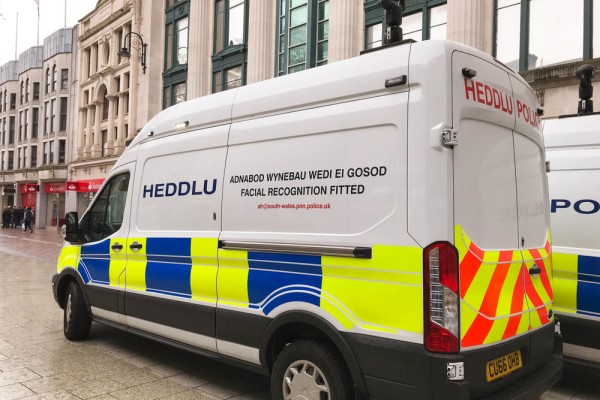Concerns raised over proposed expansion of live facial recognition
02/08/2024 | The Guardian
Campaigners are expressing concerns over a proposal by Keir Starmer to expand the use of live facial recognition technology, which they argue would be comparable to establishing a national ID card system based on people's faces. Silkie Carlo of Big Brother Watch said that the expanded use of live facial recognition would subject millions of innocent Britons to automated ID checks, drawing comparisons to surveillance tactics employed by China and Russia.
Live facial recognition has largely been used by the Metropolitan Police Service and South Wales Police as a real-time crime detection and prevention tool, including at public events. However, Starmer's proposal to deploy the technology more widely in response to recent violent events in Southport, Lancashire, has sparked debate, particularly in relation to restricting troublemakers' movements, which implies deploying facial recognition cameras at railway stations and transport hubs. Critics also worry that the broad definitions governing its use could potentially lead to the targeting of legitimate protesters, not just people with violent intent.

What is this page?
You are reading a summary article on the Privacy Newsfeed, a free resource for DPOs and other professionals with privacy or data protection responsibilities helping them stay informed of industry news all in one place. The information here is a brief snippet relating to a single piece of original content or several articles about a common topic or thread. The main contributor is listed in the top left-hand corner, just beneath the article title.
The Privacy Newsfeed monitors over 300 global publications, of which more than 6,250 summary articles have been posted to the online archive dating back to the beginning of 2020. A weekly roundup is available by email every Friday.

